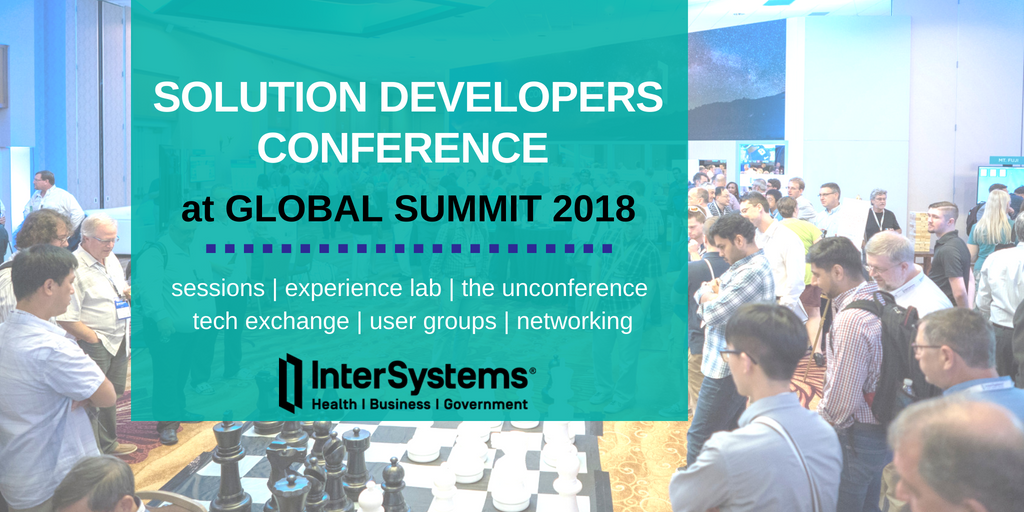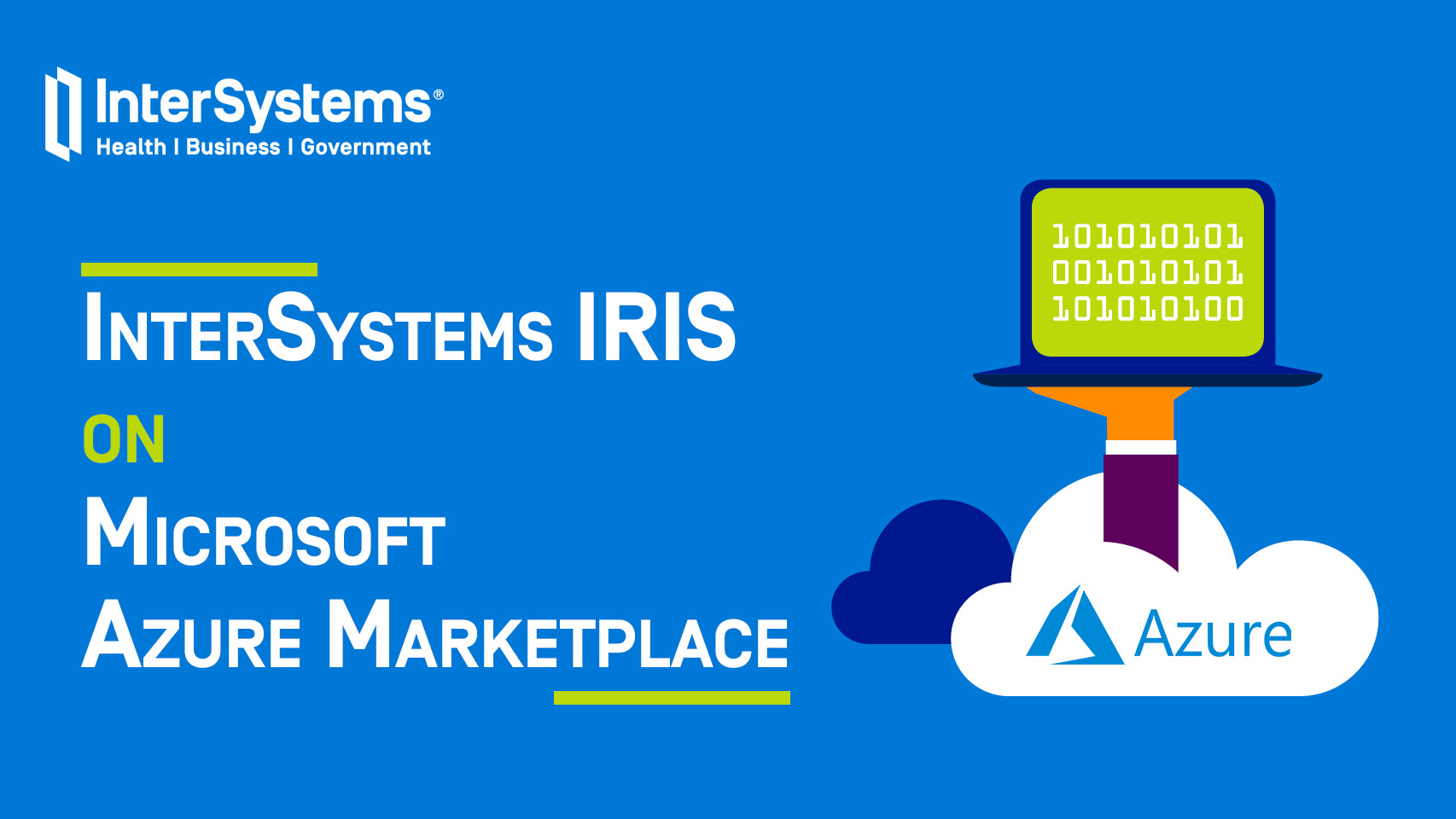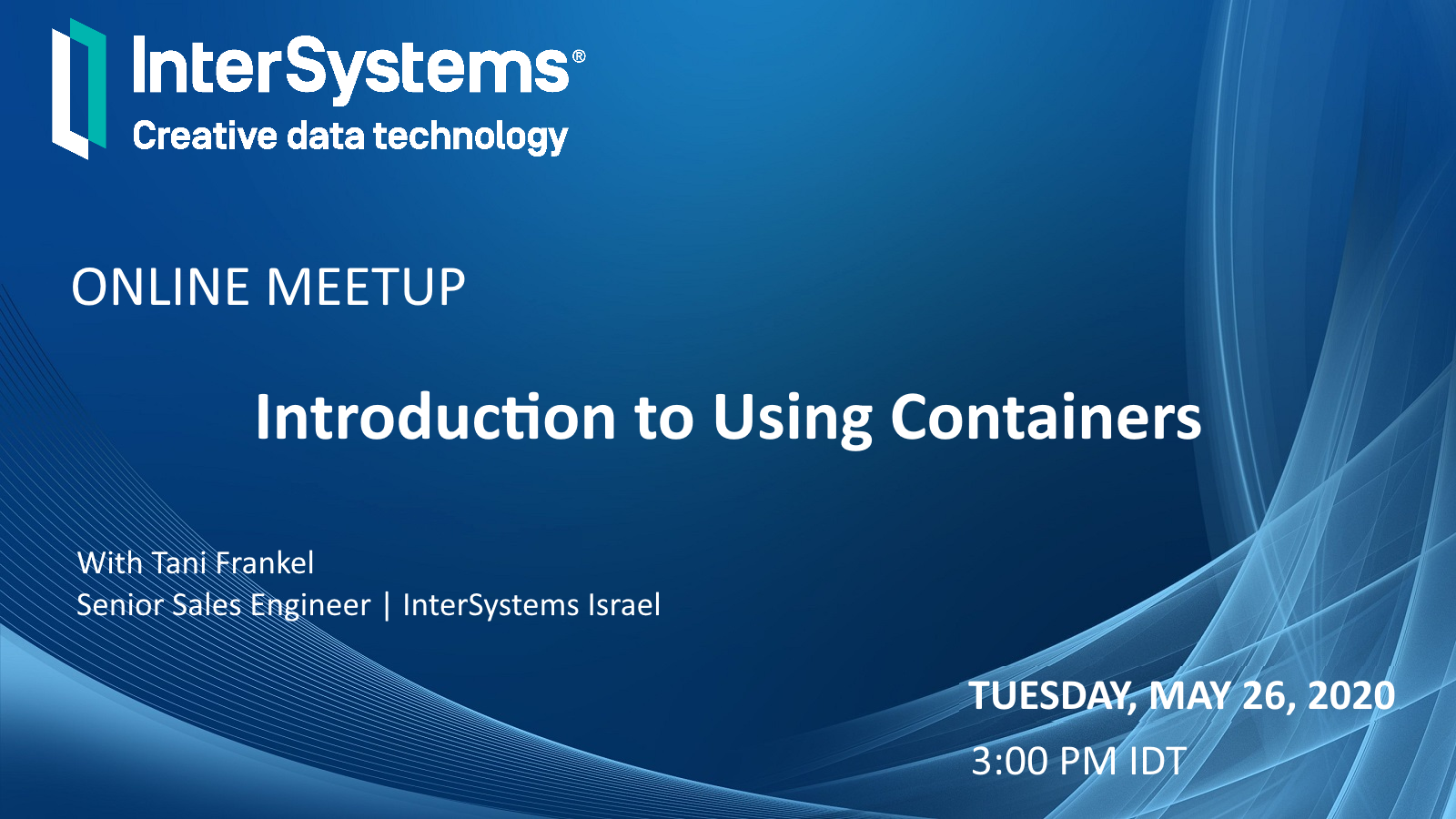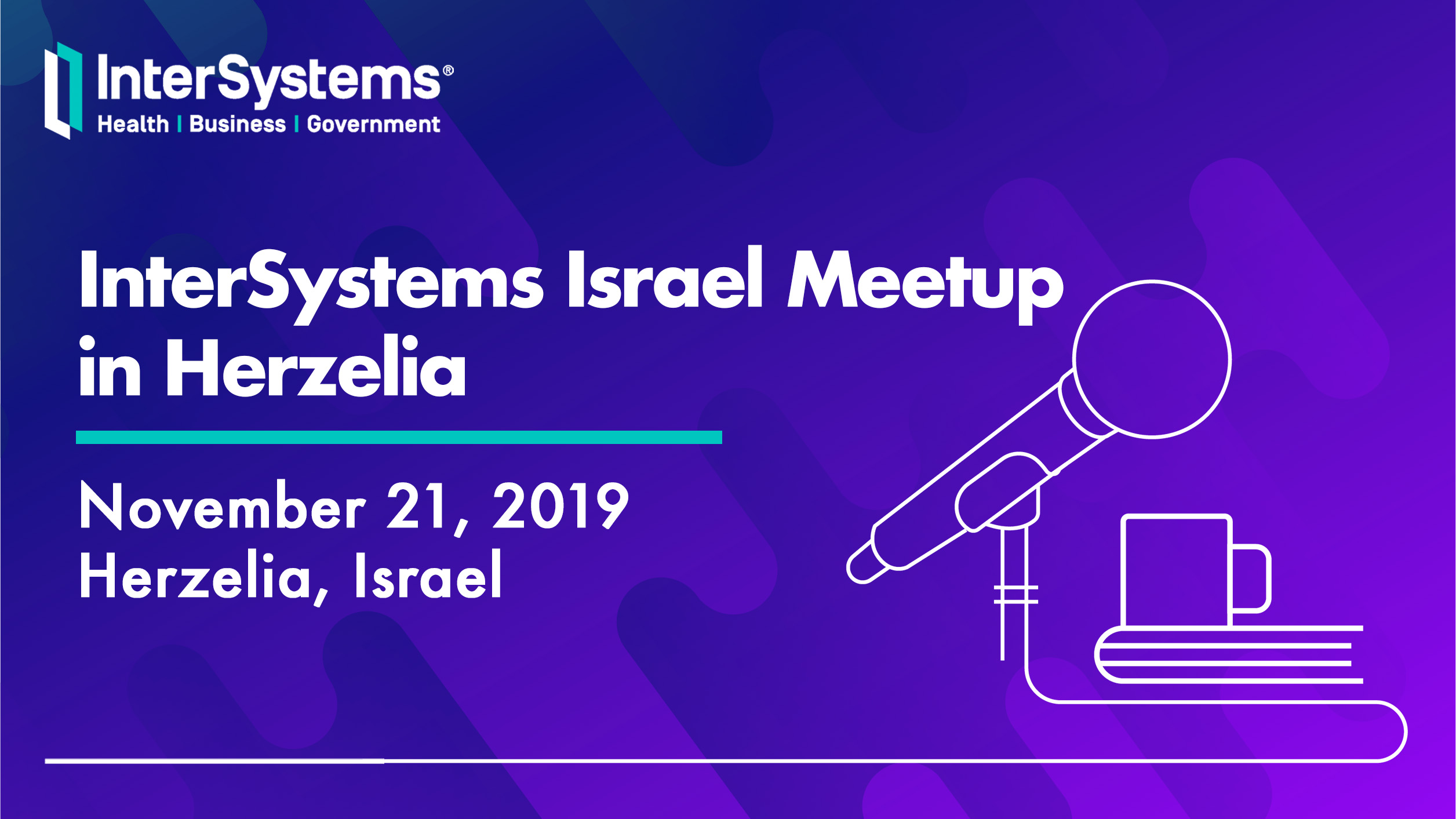Docker 20.10.14 (released March 23, 2022) changes the Linux capabilities given to containers in a manner that is incompatible with the Linux capability checker in InterSystems IRIS 2021.1 (and up) containers.
Users running Docker 20.10.14 on Linux will find that IRIS 2021.1+ containers will fail to start and the logs will incorrectly report that required Linux capabilities are missing. For example:





